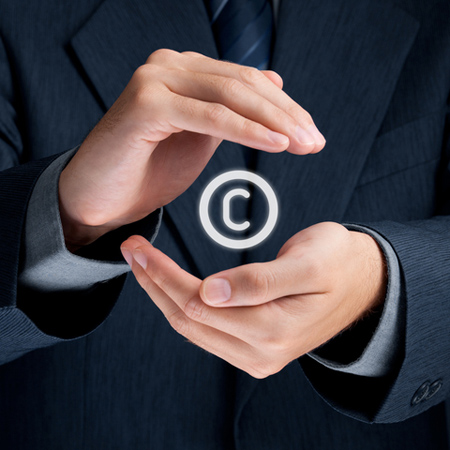A small claims program for copyright violations? It's an idea the ABA supports

Shutterstock
The ABA supports legislation that would create a new copyright small claims program within the U.S. Copyright Office to adjudicate copyright small claims more efficiently and economically than federal courts, according to a resolution passed overwhelmingly by the House of Delegates on Monday at the annual meeting in San Francisco.
Resolution 110A, sponsored by the Section of Intellectual Property Law and Section of Litigation, specifically supports a program where participation would not be mandatory, proceedings could be conducted by telephone or videoconference, and claims could be asserted or responded to electronically and decided by experienced attorneys. Additionally, the resolution calls for a cap on the recovery provided by the program.
The Copyright Office defines copyright as a “form of protection provided for ‘original works of authorship,’ including literary, dramatic, musical, architectural, cartographic, choreographic, pantomimic, pictorial, graphic, sculptural and audiovisual creations.”
Congress requested in 2011 that the Copyright Office consider new remedies for copyright small claims, according to a report that accompanies the resolution. In its 2013 Copyright Office Small Claims Report, the office acknowledged the challenges of resolving small claims in the current legal system and recommended the creation of a specific tribunal for these matters.
The Copyright Alternative in Small-Claims Enforcement Act, or CASE Act, and its Senate companion bill were introduced in May to establish a copyright small claims program in the Copyright Office.
Susan Barbieri Montgomery, a delegate with the intellectual property law section, told the House of Delegates that, as an example, the program would be an option for a photographer who sought compensation from someone who took his or her photograph, copied it and used it without permission and without paying for it.
Federal court litigation that costs tens to hundreds of thousands of dollars would not be an option for that photographer and other copyright owners, she said.
“With this resolution, the ABA will provide support for legislation currently pending before Congress that intends to address this problem,” Montgomery said.
Follow along with our coverage of the 2019 ABA Annual Meeting.



